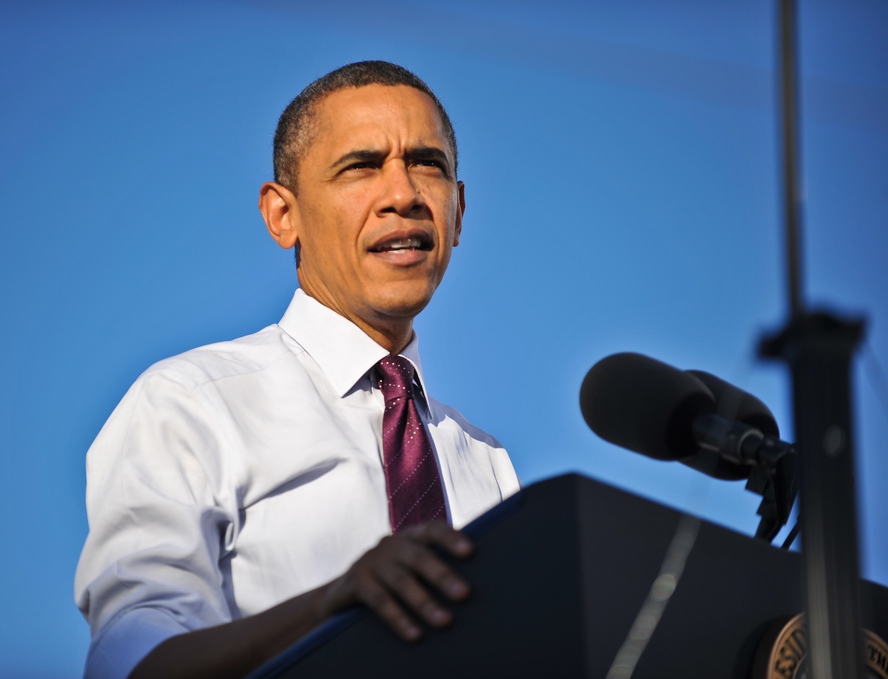President Warns Against Differentiated Internet Access

The smarter way to stay on top of broadcasting and cable industry. Sign up below
You are now subscribed
Your newsletter sign-up was successful
President Barack Obama warned Tuesday about "big, wealthy media companies" providing differentiated Internet service depending on the ability to pay, suggesting that could stifle innovation.
The President was speaking at a U.S.-Africa Business Forum.
Asked to clarify his stance on net neutrality and its effects on global development in Africa, the President said the Internet's power is in its openness and talked about the need to protect edge providers like search engines and social networks.
"What facilitates that [openness], and what has facilitated the incredible value that's been built by companies like Google and Facebook and so many others, all the applications that you find on your smartphone, is that there are not restrictions," he said. "[t]here are not barriers to entry for new companies who have a good idea to use this platform that is open to create value," he said according to a White House transcript. "And it is very important I think that we maintain that."
Asked for even more clarification, he divided the issue into two parts.
"In the United States," he said, "one of the issues around net neutrality is whether you are creating different rates or charges for different content providers. That's the big controversy here. You have big, wealthy media companies who might be willing to pay more but then also charge more for more spectrum, more bandwidth on the Internet so they can stream movies faster or what have you.
"And I personally -- the position of my administration, as well as I think a lot of companies here is you don’t want to start getting a differentiation in how accessible the Internet is to various users. You want to leave it open so that the next Google or the next Facebook can succeed."
The smarter way to stay on top of broadcasting and cable industry. Sign up below
It was not clear whether the President was referring to paid peering, like the Comcast/Netflix deal that has been much in the news, or the Fast lane/slow lane paid priority issue more directly tied to network neutrality rules, but it seemed a little of both.
The President said another problem is other countries feeling "comfortable" with "the idea of controlling and censoring Internet content in their home countries, and setting up rules and laws about what can or cannot be on the Internet."
He said that would "inhibit entrepreneurs who are creating value on the Internet; I think it’s also going to inhibit the growth of the country generally, because closed societies that are not open to new ideas, eventually they fall behind. Eventually, they miss out on the future because they’re so locked into trying to maintain the past."
Free Press, which has been pushing for Title II reclassification of network neutrality rules, said that the President's statement contradicts FCC Chairman Tom Wheeler's proposal to allow commercially reasonable discrimination, which they say "would allow Internet access providers to favor the content of a few wealthy companies over other websites and services."
"The president gets why real Net Neutrality matters, but unfortunately his FCC chairman still doesn’t," said Free Press President Craig Aaron. "The only way to prevent the sort of differentiation and discrimination the president spoke out against is to reclassify broadband access providers as common carriers under Title II of the Communications Act."
Contributing editor John Eggerton has been an editor and/or writer on media regulation, legislation and policy for over four decades, including covering the FCC, FTC, Congress, the major media trade associations, and the federal courts. In addition to Multichannel News and Broadcasting + Cable, his work has appeared in Radio World, TV Technology, TV Fax, This Week in Consumer Electronics, Variety and the Encyclopedia Britannica.

